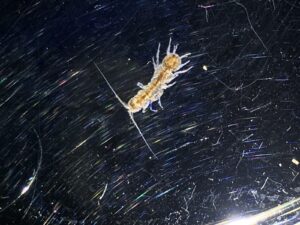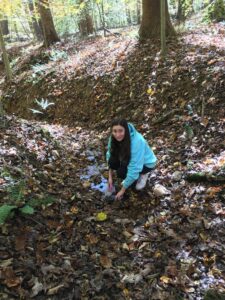Stephen E. MacAvoy, Ph.D
Associate Professor
Department of Environmental Science
American University
Washington DC, 20016
Description
This proposal will investigate how well two karst seep species may adapt to the rising near-surface water temperatures expected as the Virginia region warms. Impacts of climate change in the mid-Atlantic are evidenced by the shifting timing cherry blossoms, egg hatching, insect emergence and other seasonal change. As the air and soils warm, shallow groundwater, including seeps, may warm as well. This project will measure the metabolic response of two seep invertebrates (Caecidotea kenki and Gammarus minus) to temperature shifts in controlled experiments Species that have a plastic metabolic response to higher temperatures will be more resilient if (when) the seeps warm. Understanding their adaptive response will not only help assess the resilience of the species to a changing climate but will also lead to a better appreciation of possible impacts though their food web (since they form the base of it).
Photos


